PABNA, July 28 (V7N) – Retail and wholesale traders in Pabna’s central Boro Bazar staged a protest on Monday, accusing local administration officials, including executive magistrates, of harassment and unjustified fines under the guise of market monitoring operations. In response, the traders announced an indefinite shutdown of all grocery shops in the area.
The protest began shortly after noon, when members of the Boro Bazar Retail and Wholesale Traders' Association closed their shops and launched a protest march. The march started at Doi Bazar Mor and moved through Indara Mor, culminating in a rally outside the Pabna Press Club on Abdul Hamid Road.
Speakers at the rally included association president Shah Alam Murad, general secretary Kamruzzaman Nasim, vice president Wasikuzzaman Khan, joint secretary Saiful Islam, and members Iqbal Hossain and Kamrul Islam. They alleged that executive magistrates, under the banner of price monitoring and consumer protection drives, were imposing arbitrary fines for minor or unverifiable infractions.
Traders claimed that in many cases, officials levied heavy penalties without proper investigation or understanding of business operations. Some were allegedly threatened with license cancellations and shop closures for minor issues such as price labeling errors or paperwork irregularities.
“They walk in, conduct snap inspections, and impose fines of lakhs of taka without verifying facts or giving businesses a chance to explain,” said Shah Alam Murad during the rally. “This is not regulation—it is intimidation. We are demanding the immediate removal of those responsible and a fairer environment for local businesses.”
The protesters also called for the return of fines they believe were unjustly collected. They warned that if their demands were not met, they would launch more extensive and long-term protest programs. Following the rally, all grocery shops in Boro Bazar were closed, and traders began a sit-in demonstration in front of their establishments. However, other market sections—including fish and vegetable stalls—remained open.
In response to the allegations, Pabna Deputy Commissioner Md. Mofizul Islam defended the administration’s actions. “When we enter the market, we’re overwhelmed by filth. Is it not the traders’ responsibility to maintain hygiene?” he said. “Many shops cannot show proper vouchers for their goods, there are no displayed price lists, and goods are sold at arbitrary prices. When we try to enforce rules, we are painted as villains.”
The DC emphasized that regular market monitoring is mandated by the Ministry of Commerce, and district officials are required to report findings daily. “How can we remain accountable to the government if we don’t perform these inspections?” he asked. “In some cases, traders have even surrounded and obstructed magistrates during operations. That kind of behavior cannot be tolerated.”
He urged traders to operate in good faith, stating that collective shutdowns and marches are not a viable solution to legitimate enforcement of regulations.
As the situation develops, local businesses, administration, and residents await a resolution that can balance accountability, fair trade practices, and lawful governance.
END/MSR/SMA/



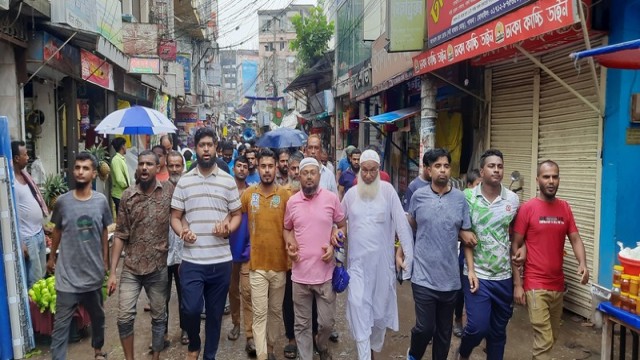





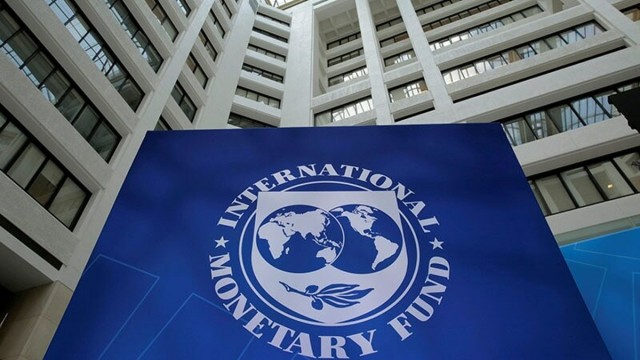


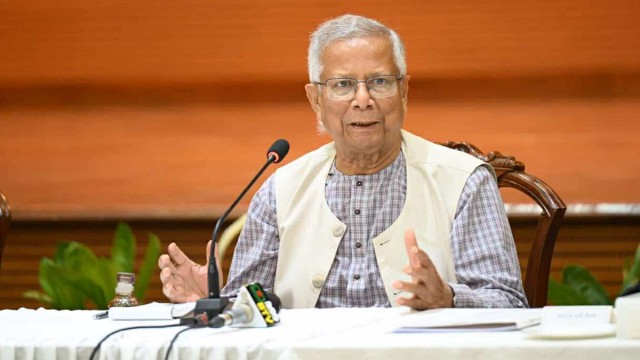


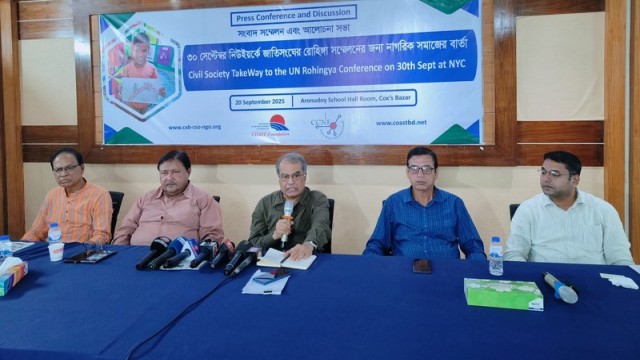

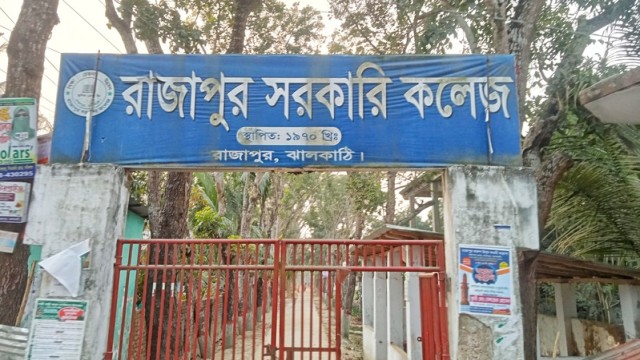
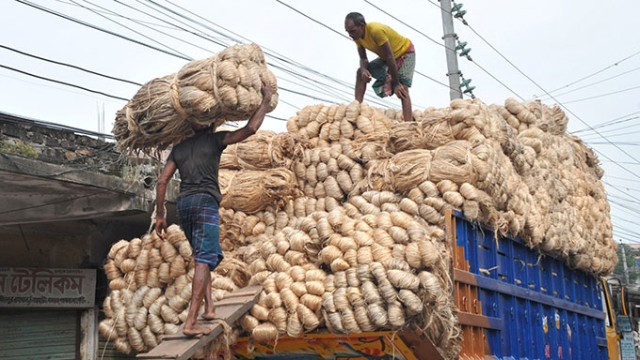
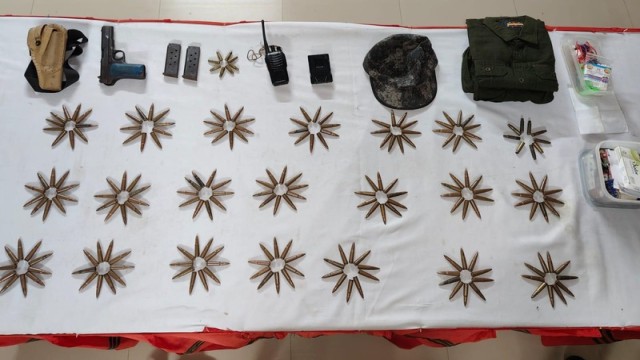

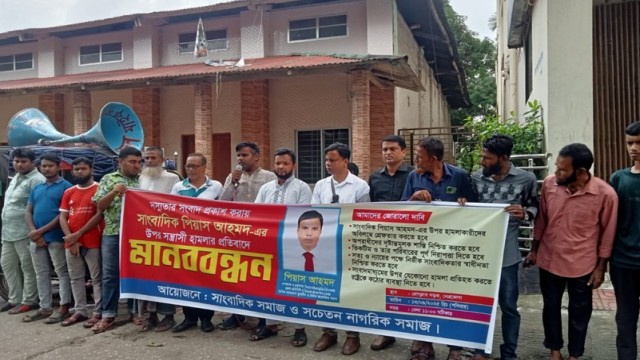
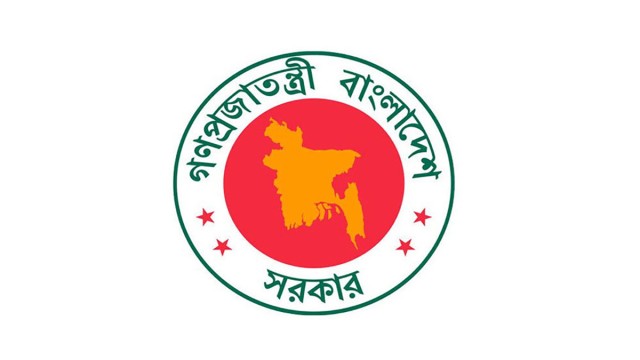

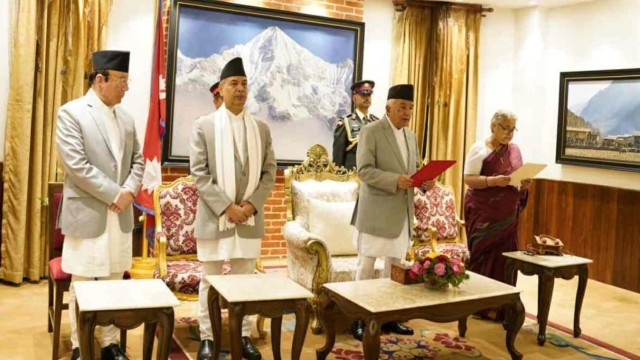
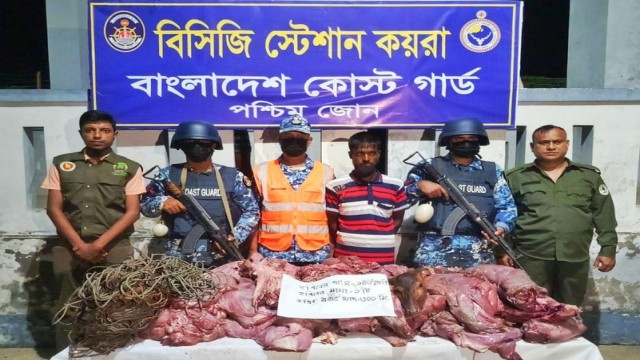


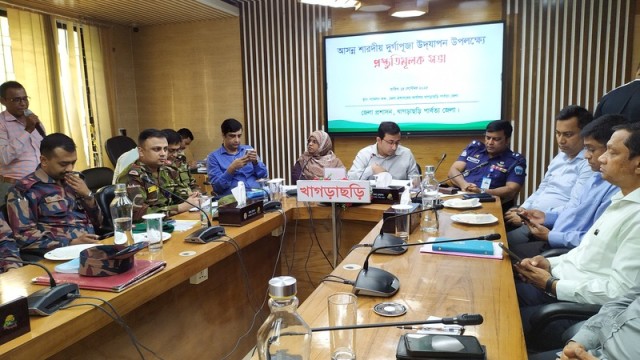

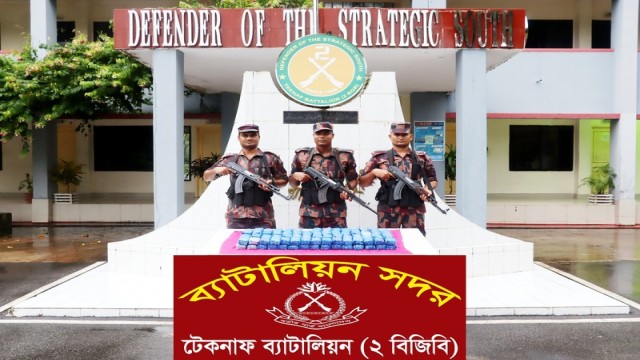
Comment: